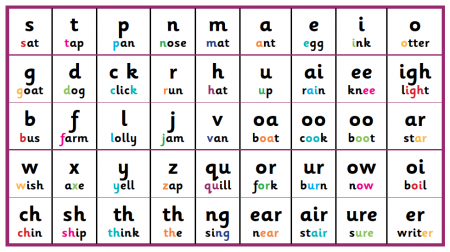

“Read About It: Scientific Evidence for Effective Teaching of Reading.” Research Report 11 (March 2016). “Phonemic Awareness Instruction Helps Children Learn to Read: Evidence from the National Reading Panel’s Meta-Analysis.” Reading Research Quarterly 36:3 (2001): 250-287. “How Now Brown Cow: Phoneme Awareness Activities for Collaborative Classrooms.” Intervention in School and Clinic 33:2 (1997): 103-111. “The Roots of Learning to Read and Write: Acquisition of Letters and Phonemic Awareness.” Handbook of Early Literacy Research, Volume 2. “Literacy and Language Outcomes of Comprehensive and Developmental-Constructivist Approaches to Early Childhood Education: A Systematic Review.” Educational Research Review 18 (2016): 88-111. Best Practices in Early Literacy Instruction. “Does Phoneme Awareness Training in Kindergarten Make a Difference in Early Word Recognition and Developmental Spelling?” Reading Research Quarterly 26:1 (1991): 49-66. Phonemic Awareness in Young Children: A Classroom Curriculum. Foorman, Ingvar Lundberg, and Terri Beeler. Here are a few examples of the research behind our Curriculum:

A child with low phonemic awareness will almost definitely struggle with reading. “Teach phonemic awareness…accelerates reading and writing growth of the entire classroom…” Ingvar Lundberg, “Phonemic Awareness in Young Children”Ī typical child starting elementary school with high phonemic awareness is almost certain to become a confident reader. When a child can divide words into sounds, spelling (breaking words into letters) is easy. Children with high phonemic awareness can already blend sounds into words, so phonics comes more naturally to them. Phonemic awareness makes learning to read easier.


 0 kommentar(er)
0 kommentar(er)
